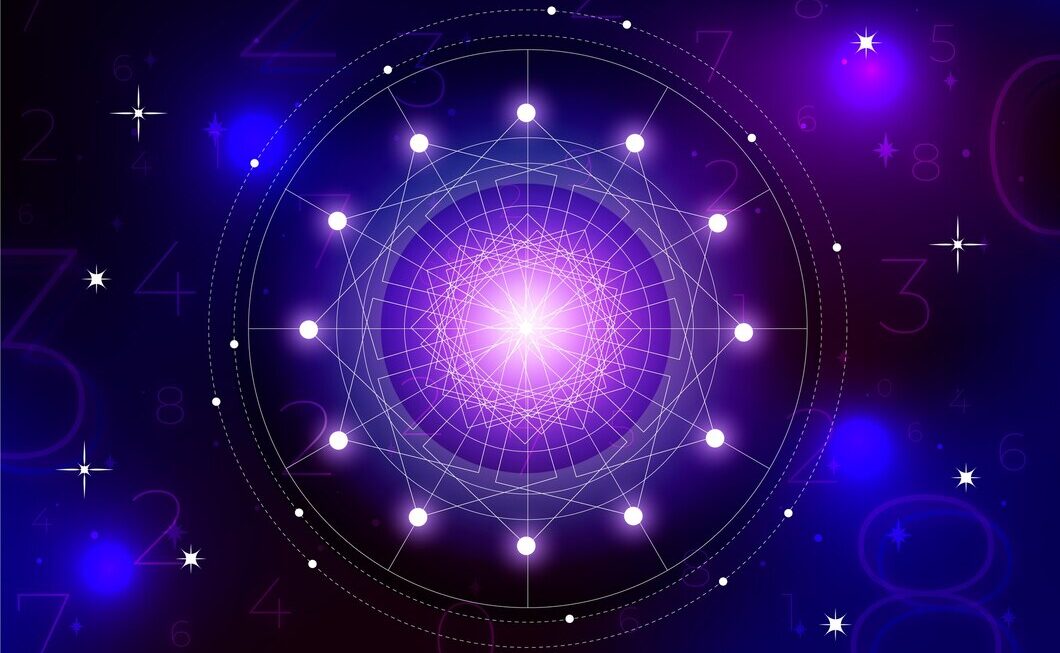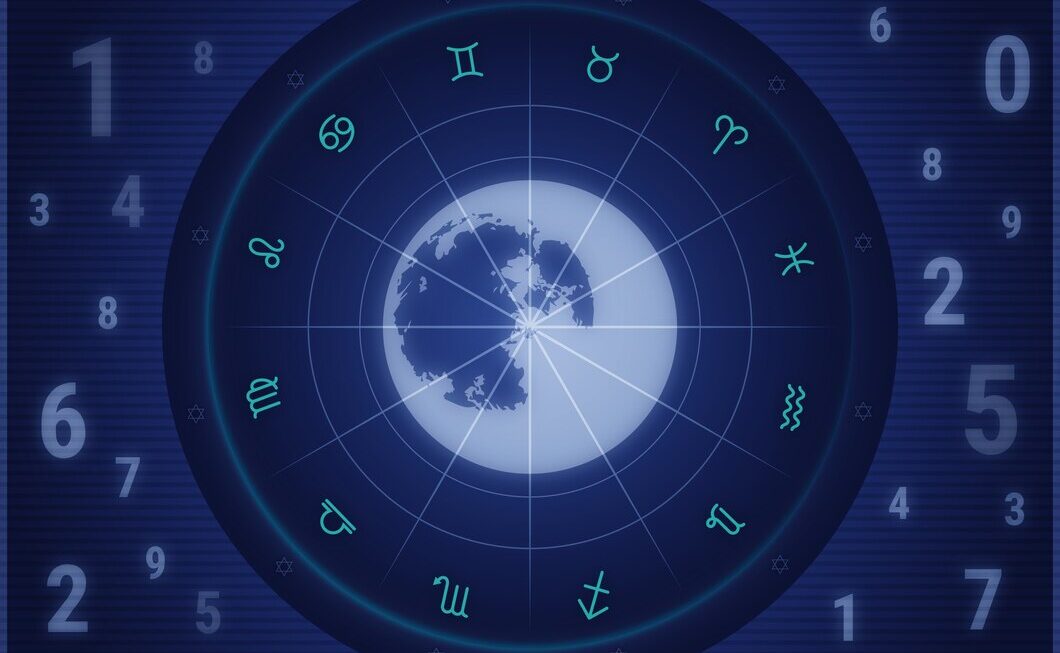Have you ever experienced a ten-year period of life defined by profound emotional shifts, constant changes in residence, or an overwhelming focus on family and nurture? Did your intuition sharpen dramatically, making you feel more receptive and sensitive to the world around you? If so, you were likely sailing through the Moon Mahadasha (Chandra Dasha).
In Vedic Astrology (Jyotish), the Mahadasha system charts the grand cycles of your destiny, and the Moon’s ten years are dedicated to the inner landscape. Unlike the Sun’s assertive, external focus, the moon mahadasha turns your attention inward, toward the very core of your being: the mind, emotions, and connection to nurture.
This comprehensive guide will illuminate the chandra dasha effects, explaining why this 10 year moon period is a crucial time for developing emotional intelligence, securing domestic happiness, and navigating the ebb and flow of change.
The Soul’s Repository: Core Themes of the Chandra Dasha
The Moon (Chandra) is the most crucial planet for psychological well-being. It represents the mind (Manas), feelings, mother, nourishment, public reception, and the ever-changing nature of life. Its influence during this decade is deep, pervasive, and highly subjective.
Opinion: The 10-year Moon Mahadasha is an essential period for integrating deep emotional needs with external reality.
Reason: It is Ruled by the Mind, Mother, and Motion
The chandra mahadasha centers on three foundational themes:
- The Mind and Emotions (The Seat of Perception): The primary focus is the state of your mind. This period will amplify your existing emotional patterns, for better or worse. You become acutely aware of your feelings, your instincts, and your subconscious needs. Mental well-being, peace, or anxiety becomes the dominant theme.
- Mother, Nurture, and Home (The Foundation): The Moon is the significator of the mother and the home environment.4 Issues related to the mother’s health, your relationship with her, the security of your home, and your need to give or receive nurture will be central. Many people buy or renovate homes, or have children, during this time.
- Change and Public Life (The Tides): The Moon is the fastest-moving planet, governing the tides and cycles. Consequently, this moon period often brings instability, travel, or frequent changes in residence, career, or public roles. It makes you available to the public and defines how the masses perceive you.
Example: The Journey to Emotional Security
Imagine someone entering the Chandra Dasha after a difficult Rahu Mahadasha. The intensity shifts instantly. The decade-long pursuit of external, sometimes illusory, goals gives way to an urgent need for security and emotional peace.
If the Moon is well-placed (e.g., in its own sign of Cancer or its exaltation in Taurus), this period is a blessing: a time of domestic bliss, intuitive leaps, public popularity, and a deep, fulfilling connection with the mother and family. The native feels whole and secure.
If the Moon is afflicted (e.g., placed in Scorpio, or conjoined with malefic planets like Rahu or Saturn), the period can manifest as debilitating anxiety, mood swings, insecurity, frequent emotional turmoil, or persistent issues related to the mother or home life. The journey toward peace becomes an intense, often tearful, struggle.
Restatement: This Chandra Dasha is a karmic assignment to resolve your emotional ledger and establish true inner peace.
Mapping the Tides: How Chandra Dasha Effects Change
The general feeling of sensitivity and change is constant, but the specific chandra dasha effects are dramatically shaped by the Moon’s condition in the birth chart.
1. Moon’s Placement by House (The Focus of Feeling)
The house the Moon occupies reveals the area of life where your emotions and need for security will be concentrated:
- Moon in the 2nd House (Wealth and Family): The emotional focus is intensely on financial security and the immediate family unit. The native’s mind will be preoccupied with acquiring assets or nurturing those they consider family.
- Moon in the 5th House (Children, Creativity, Romance): Emotions are funneled through romance, artistic expression, or children. This is a common time for intense romantic experiences, deep engagement in a creative pursuit, or the birth of a child.
- Moon in the 8th House (Transformation, Hidden Matters): This placement often brings emotional upheaval, deep psychological exploration, and sensitivity to hidden or occult knowledge. The native may struggle with persistent fears or experience a major, difficult emotional transformation.
- Moon in the 12th House (Loss and Isolation): The period can involve isolation, foreign travel, or a deep spiritual journey. The mind may feel unmoored, focusing on subtle spiritual realities or experiences of letting go.
2. Moon’s Dignity and Phase (The Quality of Peace)
The Moon’s strength dictates the quality of the emotional experience:
- Purna Chandra (Full or Waxing Moon): A strong Moon confers high emotional stability, public success, intuitive power, and beneficial gains through the mother or home. The mind is clear and nurturing.
- Kshina Chandra (Waning or New Moon): A weak Moon can bring emotional fragility, lack of mental clarity, health issues, and difficulties related to maternal care. The native must work harder to find inner peace.
3. The Antardashas: The Cycles of Emotion
The Antardashas (sub-periods) within the Moon Mahadasha are particularly fast-moving and define the monthly emotional themes.
| Moon Mahadasha | Antardasha Lord | General Emotional Theme During Sub-Period |
| Moon | Moon | Purely emotional focus, self-nurture, domestic peace/turmoil |
| Moon | Mars | Emotional agitation, arguments, property disputes, competition |
| Moon | Jupiter | Optimism, expansion of family, emotional wisdom, spiritual comfort |
| Moon | Saturn | Delays in peace, emotional restriction, loneliness, deep sadness |
Case Study Example: A person in a generally positive Moon Mahadasha feels stable until the Saturn Antardasha begins (lasting about 19 months). The emotional freedom of the Moon Dasha is suddenly restricted by the heavy, limiting nature of Saturn. They might face loneliness, professional delays, or a demanding family responsibility that causes stress, temporarily dampening the emotional joy promised by the Moon. The 10 year moon period is a compilation of these various sub-moods.
Strategy for Emotional Navigation
The Chandra Mahadasha is a non-negotiable ten-year mandate to get your emotional house in order. Here are the keys to thriving during the moon period:
- Prioritize Mental Health: Since the mind is the focus, practices that calm and center it are essential. Meditation, journaling, and mindful consumption of food and media are highly recommended. This is a crucial time to address past emotional wounds.
- Embrace Flow, Not Fixedness: The Moon brings change. Resisting the tides of change will only lead to stress and anxiety. Learn to flow with the changes in residence, career, or relationships. Be like water.
- Nurture and Connect: This is a powerful time for mothering or being mothered. Focus on family connections and creating a secure, comfortable home environment. Actively engage in selfless service (Seva) to nurture others, which is the highest expression of the Moon’s energy.
- Strengthen the Intuition: The Moon rules instinct. Pay close attention to your gut feelings. During this 10 year moon period, your intuition is your most reliable guide for navigation.
Conclusion: Finding Peace in the Center
The Moon Mahadasha is not merely a period of feeling; it is a period of integration. It compels you to recognize that your external security will only be as strong as your inner peace.
For ten years, you are given the opportunity to heal the past, secure your home, deepen your family ties, and ultimately, become a sanctuary unto yourself. By consciously working with the fluctuating and sensitive chandra dasha effects, you move beyond being a victim of your emotions and become the compassionate, intuitive center of your own life.
We encourage you to share your journey: What major emotional or domestic changes did you experience during your own Chandra Mahadasha?












